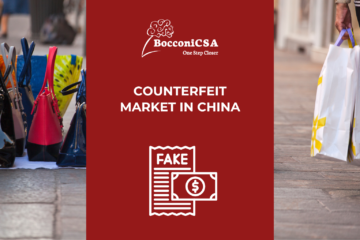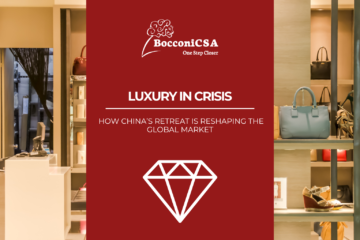The EV industry is growing, and, with it, many companies are emerging. Among them, prominent is NIO: a pioneer in China’s premium electric vehicle market. Since 2014, NIO has been designing, manufacturing, and selling vehicles, constantly updating them with next-generation technologies in connectivity, autonomous driving, and artificial intelligence.
NIO’s Chinese name (蔚来汽车) is translated as “Blue Sky Coming”: it reflects company’s willingness to become the best user enterprise and the commitment to an environmentally friendly future.
Having built the world’s fastest autonomous supercar, the EP9, NIO offers premium electric SUVs equipped with semi-autonomous driving systems. Drivers are accompanied by a multi-functional, voice-activated in-car AI companion called NOMI.
As automotive company, NIO engages both in building relationships through NIO Houses, and meeting car-related needs of customers. NIO Houses are car showrooms, but also clubhouses complete of forums, cafés, living rooms, and joy camps. While customer needs see having convenient battery recovery solutions at hand, with Power Swap Stations (just three minutes needed!) and Power Mobile (to call electric charging trucks).
Developing electric vehicles highly depends on consumers’ perception of environmental issues, of which awareness has been increasing thanks “green” news. An in-depth analysis of the Chinese culture reveals that “green” attitudes highly depend on symbolic aspects of alignment with nature. According to researcher S. Chan, this is explained by the insufficient variety of green products available in the Chinese market. Furthermore, Chan noticed the widespread belief that the Chinese government must educate and propagate “green‟ products.
The well-established Tesla’s line-up is more diversified, with its lowest-priced Model 3 starting at $38k, in opposition to NIO’s starting price of $51k. Furthermore, Tesla has supremacy in low-cost batteries, with gross margins standing at over 20%. All this creates a difficult situation to NIO whose financials remain with net losses exceeding the revenues ($1.1 billion revenue, $1.6 billion net loss in 2019), and gross margins remaining negative. It is true, however, that the selling rate is increasing, allowing great growth expectations over time.
Investors believe that NIO will emerge as a winner in the Chinese market. We believe that a greener future expects us ahead.
Credits to:
Gege Hu
Chiara Tenneriello
Alessio Hu
Florin Acar



0 Comments